
That Odd, Lingering Numbness?
Ever strolled out of the dentist’s office and realized, hours (maybe days) later, your tongue’s still on its own little spa retreat? You tell yourself, “No big deal… anesthesia just takes time.” But then you start wondering: why isn’t this wearing off? Is this normal… or did something go sideways?
Let’s get this out up front: if you’re feeling a lingering numbness—or weird tingles—in your face or mouth long after the dental shot, you might be experiencing symptoms of nerve damage after dental injection. And trust me, you’re not the only one who’s had their lip, chin, or cheek feeling like rubber for way longer than the post-dentist donut in your glove box.
If you’re searching for answers, you’re not just being paranoid. Some cases of nerve irritation can last for weeks or even months, though most people bounce back way sooner. (More on that below.) Still, it feels bizarre… and can get in your head when that zip-zap tingle won’t quit. Not fun.
Wait, Is This Normal?
Let’s talk about what usually happens after a dental injection.
- Anesthetic goes in. You get numb—lips, gums, maybe half your tongue.
- It fades after 2-4 hours for normal dentistry… maybe up to 8 hours if it was stubborn, like a wisdom tooth hustle.
- By dinner, you should be back to your bitey old self (minus maybe the new filling).
So… when is it not normal? If the numbness, tingling, or strange sensations last past 24 hours, especially if you wake up the next morning still numb, that’s a red flag. Some folks notice their tongue, lower lip, or even their cheek feeling odd for days. A needle during injection can nick, injure, or spark up a nerve—especially the inferior alveolar nerve or the lingual nerve (those are the big players running sensations in your lower jaw and tongue) according to nerve injury symptoms explained by dental law experts.
Those Weird Sensations—Let’s Break Them Down
This is where things get… well, funky. Not all nerve annoyances are alike, but here are the usual suspects when it comes to symptoms of nerve damage after dental injection:
Persistent Numbness
This one is classic. Anesthesia should fade, but days later you’re still biting your tongue—or your lower lip feels fat and rubbery. Sometimes it’s only one side. (Fun story: my friend, Anna, told me her dog barked at her because her droopy half-grin looked so weird one morning!)
Pins and Needles (Paresthesia)
Instead of just “numb,” you get that tingling buzz. Like you slept on your arm, but the sensation decided to move camps to your tongue or cheek. This isn’t just irritating—it can make eating or talking a clumsy, awkward routine.
Burning or Electric Zaps
Ever feel a tiny shock when sipping something cold? Or a weird burning after spicy food? That’s your nerve firing off confused signals as it tries to heal.
| What’s Expected After the Shot | What’s Not-So-Normal |
|---|---|
| Fades in hours Only the treated spot | Lingers >24 hours Extends to lip, chin, tongue, jaw |
Taste Gone Wonky
Food suddenly tastes metallic, bland, or just… off? That could mean the lingual nerve got a little too involved. Mild taste changes are common right after dental work, but if they persist, your dentist needs to know. Research suggests most mild injuries recover, but some taste changes linger if the nerve’s more significantly affected.
Pain, Ache, or Just Otter-Level Weirdness
Some folks (new club: “accidental dental nerve survivors,” anyone?) get aching, stabbing, or burning pain that sometimes feels like it pulses or zaps when touched.
If you’re thinking, “Yep, that’s me,” you’re not alone. There are even Facebook groups dedicated to comparing the weirdest mouth zaps or numb-chin selfies. Humor sometimes helps… but it can get old, fast.
So, How Long Is Too Long?
This is the million-dollar question. If your symptoms stick around past two weeks—especially if you’re still feeling major pins and needles, numbness, or burning—give your dentist or oral surgeon a nudge. The reality? Most cases start to resolve within 4-8 weeksaccording to dental anesthesia research, but stubborn symptoms can hold tight through several months.
For some, like my buddy Marco (he’s always unlucky), the numbness faded slowly, day by day… but for others, certain sensations can last longer, or rarely, stick around permanently.
That’s why documenting your symptoms and noting any changes makes a big difference—especially for follow-ups, or if you need to see a specialist.
And if you’re stuck googling things like Dental injection pain after a week… you’re probably not alone in worrying. Pain after an injection can be a sign the nerve was irritated or inflamed.
Day-to-Day Life Gets Annoying, Fast
Let’s pause and get real for a minute. Imagine trying to eat your big Friday night pizza… only to realize you can’t taste the pepper flakes on the left side, or you keep accidentally biting your cheek. Mundane stuff—drinking from a straw, talking, even kissing—gets weird.
One reader messaged me saying she practically had to relearn her “mouth space” after a lower molar filling mishap: “I felt like a baby learning to talk… and nothing tasted right for weeks.” Pretty sure her experience speaks to a lot of us. Even a tiny numb patch can throw off your day.
If you’re just looking for some reassurance or tips on my dentist hit a nerve how long to get better, you’ll find people sharing similar stories. Some get better in days, but others need a little TLC—and patience.
What Triggers Nerve Problems Anyway?
So, not every dental injection turns into a saga. In most cases, things heal up like a champ. But sometimes, the needle can:
- Directly nick or injure a nerve (especially in the “high risk” areas in your lower jaw).
- Inject the anesthetic too close to the nerve—causing irritation or inflammation.
- Compress or stretch the nerve a bit—less common, but still possible.
Weirdest thing? It’s often unpredictable. You can have 10 uneventful dental shots—and then, out of nowhere, shot #11 causes trouble. Go figure.
When Should You Worry?
If you have burning, stabbing pain, or if normal stuff (chewing, talking, sipping hot soup) suddenly feels impossible… don’t tough it out. Sometimes these are just signals the nerve’s “waking up.” But chronic, worsening symptoms = time for an expert, plain and simple.
And if you notice any facial drooping or uncontrolled drooling (yes, it happens!), those are urgent signs to get checked out right away according to dental surgery specialists.
What Can You Actually Do?
Now to the most important bit. Be honest: Are you just waiting it out, or should you act? Good news—most mild symptoms fade with time.
- Document stuff: Dates, what’s numb/tingly, what triggers pain. Seriously!
- Check in with your dentist: They’ll assess the timeline and might refer you to an oral surgeon or neurology specialist if needed.
- Ask about medicines: For stubborn tingling or pain, things like gabapentin or certain antidepressants can help block those zapping nerve messages.
- For severe or permanent symptoms: Surgery sometimes helps, but only in the rarest, toughest cases. (Let’s hope it doesn’t come to that.)
Treatment success is all about timing. The sooner you get help for symptoms that don’t fade, the better your chances for a smooth comeback. In fact, most my dentist hit a nerve how long to get better stories have a happier ending if you catch things early and follow up. There’s no “one-size-fits-all” cure, but shared experience helps.
How About Recovery Time?
Here’s the hopeful side: Most people recover full feeling within 4-8 weeks. Some bounce back impressively fast (oh, to be that person), others need a little more time. Pay attention—if things haven’t improved in six to eight weeks, it’s time for another checkup. And yes, a small minority can see numbness or odd sensations last longer, even be permanent.
Patience is essential. (Also, having someone remind you there’s no spinach stuck to your numb lip after lunch.) Keep up with dental care, gentle massage (ask your provider first!), and stay hydrated. There are rare cases where a nerve doesn’t fully heal, so don’t feel silly for being proactive or asking for help.
Can You Prevent This Entire Headache?
Honestly? There’s no magic bullet. Most dentists are careful and well-trained. Some people are just a little unlucky—it can be anatomy, the angle of the needle, or plain old bad timing. But open communication helps a ton. Don’t be afraid to ask your dentist about the risks before complex dental work, especially if you’ve had lingering issues before.
One Last Note on Legal Rights
It’s rare, but sometimes “bad luck” is actually bad technique. If you suspect your care was substandard—like the dentist moved the needle around way too much, or didn’t warn you about risks—document everything and consider professional advice. Especially if you live where legal recourse matters. (Nobody wants to go there, but it’s better to know your rights upfront.)
Wrapping It Up: Let’s Keep Smiling
Numbs, tingles, and wonky tastes might mess with your routine, but you’re not crazy—and you’re definitely not alone. If you’re stuck googling symptoms of nerve damage after dental injection, it’s a sign you care about your health… and probably need a little peace of mind.
Here’s what I’d tell a friend: Don’t panic. Track your symptoms, trust your gut, and don’t be afraid to reach out. Weird sensations and numb spots usually get better—with patience, kindness to yourself, and occasional professional help. And if you’re still not convinced? There are dozens of stories just like yours—everyone hoping for that magic “first bite back” when their smile feels like home again.
Take care of yourself, advocate for your healing, and remember: nerves are stubborn, but so are we. If you’ve been struggling, tell someone. And hey—if all else fails, at least you have a weird story for future dinner parties (“Did I ever tell you about the time half my face was an undercover agent for two months?”). Here’s to healing, hope… and getting that full smile (and taste buds) back where they belong.
P.S. If you need timelines, shared stories, or just some reassurance, don’t forget to check out my dentist hit a nerve how long to get better and dental injection pain after a week. Sometimes, just knowing you’re not the only one can make all the difference.

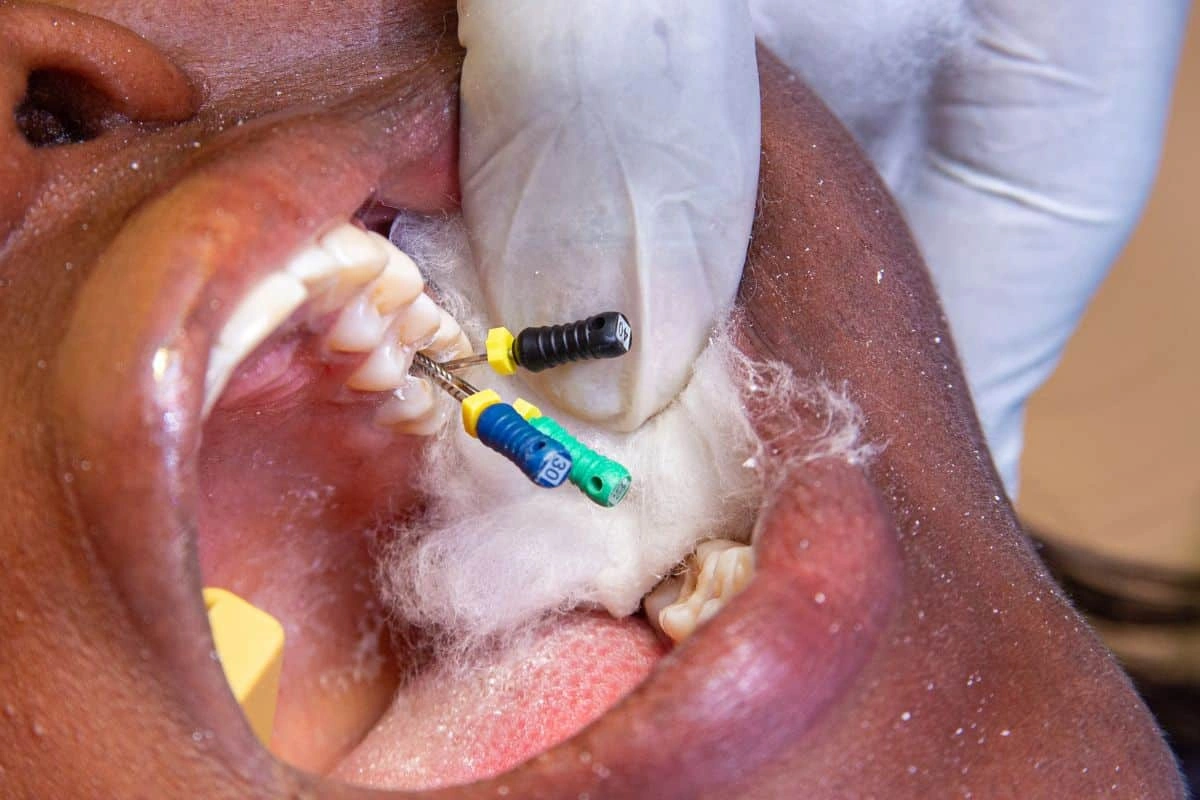
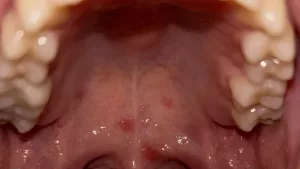
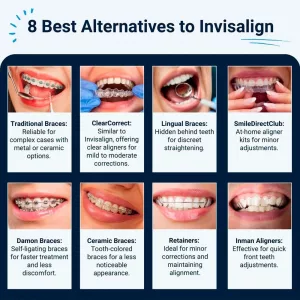

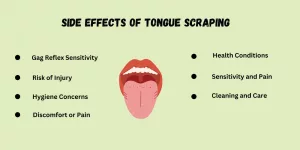
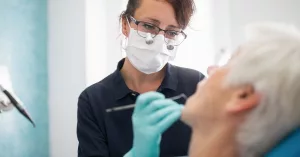

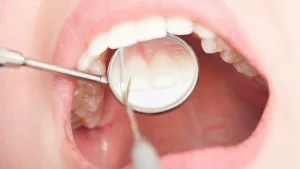

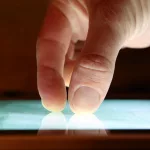










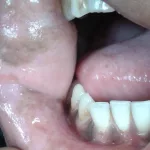



Leave a Reply
You must be logged in to post a comment.